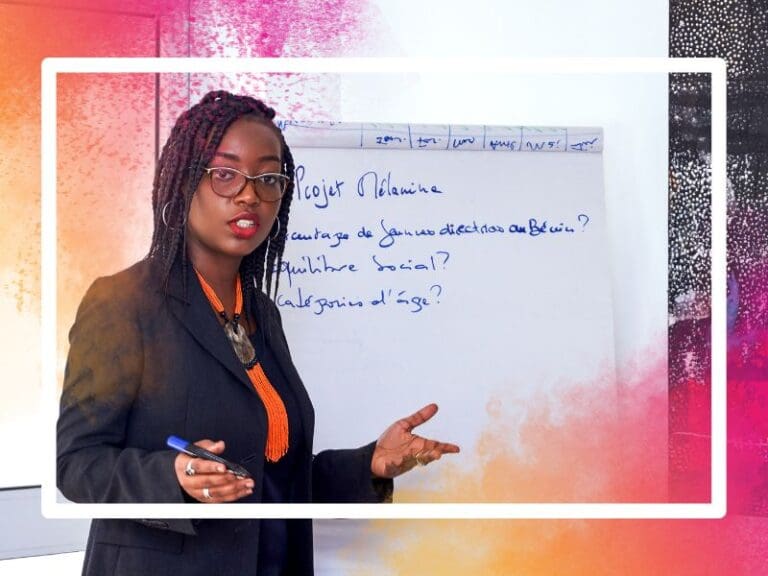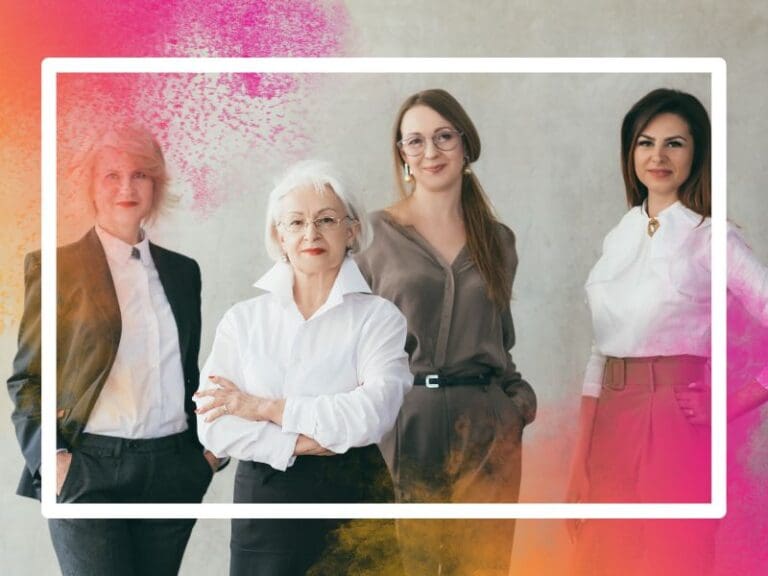How did you first get into tech?
My background is in Physics and for my PhD thesis, I focussed on neutrino astrophysics. I was part of an international collaboration of scientists who built the neutrino telescope IceCube, and used the data we collected for research in astrophysics.
The data didn’t fit in a spreadsheet and the signal I was looking for was tiny compared to the noise we also collected. To complete my research, I learnt programming and statistics – skills that proved very useful when I decided to transition from academia to tech. My first job as data scientist was at a small start-up here in Berlin, and I moved on to Automattic almost five years ago.
You’ve studied and worked in quite a few different places! What impact has that had on your career?
Working in Physics allowed me to visit many different places for conferences and work (including the actual South Pole!), and I also worked with people from many different countries. I found and still do find this very inspiring. Wanting to travel and to work with folks from around the work has definitely had an impact on my decision to apply at Automattic – I now have colleagues in 76 countries and before COVID, I still got to travel quite a bit too.
How would you describe Automattic’s culture?
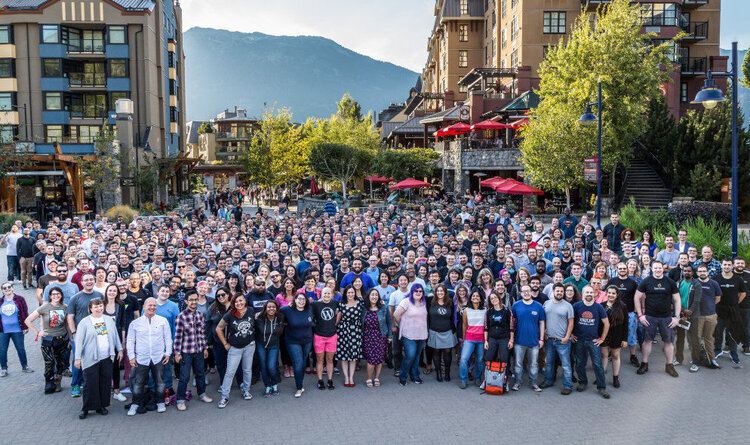
The first words that come to my mind are transparent and caring. Automattic is a fully distributed company and a lot of our communication is written and out there for everyone in the company to read. I cannot only follow the work of my colleagues in the core data division but I can also keep up with our product development teams, our legal and business development teams and our support organization. It’s a dream because I like to understand how everything works together. Of course there are also many places where we could improve transparency. But overall, I think that transparent is a word that characterizes Automattic very well.
I also think that Automattic is a very caring organization. Most of my colleagues are exceptionally kind and most of the processes here are designed to create a very supportive and empathetic environment. One example are our support rotations: Everyone in the company gets to work with or in customer support for a week every year and every new person spends their first two weeks working in customer support, no matter if they are a developer, a marketer or a C-level hire. I’ve left every single support rotation with more empathy for our users and for our colleagues working in customer support, and I’ve observed the same in my colleagues. Another example is the support I receive as a manager: I get access to high quality training and coaching with an emphasis on learning how to best support my team, and I feel encouraged to prioritize people over process. In turn, I feel very supported by my lead and our HR department, too.
What do you enjoy most about working at Automattic?
Automattic is an environment where I can take on a challenge, and where I receive the support I need to succeed. Learning is a strong part of our company culture. We can expense almost any book for professional development and I receive trainings that help me be a better lead here.
There are more learning opportunities than formal training though. I am most motivated to learn with a real use case in mind. In the time I have been here, I’ve had a chance to do this by working on many different aspects of data science from search to A/B testing, and by taking on different roles. When I felt ready to transition into a lead role around three years ago, my lead at the time helped me to create that opportunity for me. Stepping into that role, I worked with a coach that Automattic paid for, and who helped me define my leadership style and work through all the new types of challenges I encountered as a first time manager.
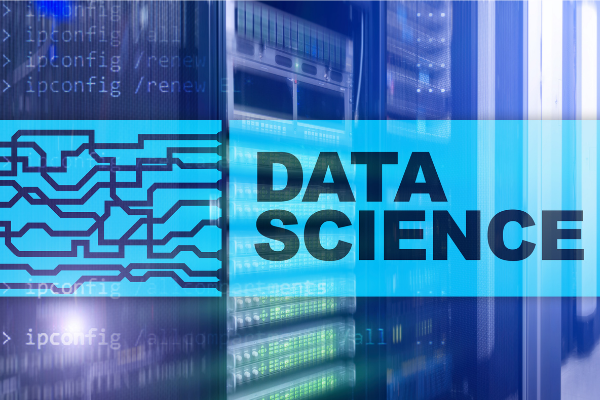
How did you end up specialising in Data Science?
I entered data science in the gold rush era when there were fewer people with formal training in data science than companies had a need for. The gap was filled by folks like me with a quantitative background, some coding skills and hands-on experience with machine learning. In a way, all the stars aligned for me to build a career outside of academia, and I have never regretted focussing on data science and stepping into data science and engineering management from there.
How do you see your role evolving in the next 5 years?
My team builds products and features that leverage data science. In particular, we use search technology, NLP and machine learning. We are already a cross functional team that includes experts in search, machine learning engineers and developers. In the future, I expect that much of the technology we work with today will be commoditized and improved by specialized teams of research engineers. For the rest of us, this will mean that our field is going to become more accessible for software engineers, and that our ways of working will become closer to those of traditional software development teams. I think that this will be a good development that will help us become more efficient and I am looking forward to learning more from the more established software development community.
On a personal level, I have been a lead for 3 years now, and I am excited to gently start helping others to become leads.
What advice would you give to women aspiring to get into tech?
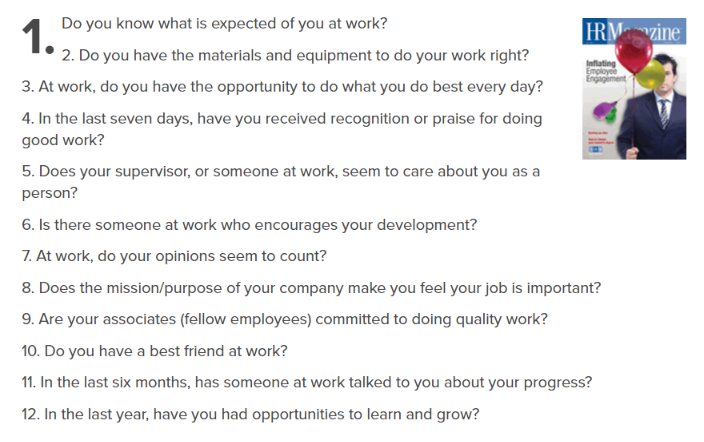
When I think about my own work situation or when I try to evaluate where the members of my team are at, I often come back to Gallup’s 12 employee engagement survey questions. These are questions that social researchers have found to be very predictive for an individual’s happiness at the workplace. If I had to pick a favourite, it would be “At work, do you have the opportunity to do what you do best every day?”. Understanding what it is that you do best and that you enjoy doing most is so important! There are many different roles in tech – there are developers, product managers, technical writers, data scientists, community managers, analysts and engineering leads and more. I’d recommend to anyone to try and find the one that fits their strengths best.
How do you think we can get more women into tech?
I think that stories are very powerful, and that changing the way we, or the media, tell stories about scientific or engineering success could help to get more women into tech and science. It would also help others who were not brought up to believe they were going to be rocket scientists. I think there’s a disproportionate amount of coverage for child prodigies compared to stories about those who discovered their passion for tech or science later in life, about achievements that came about through hard work and persistence, and scout successes that were only possible through great team work.
How does Automattic currently promote diversity and inclusion?

There’s a lot more going on than I can possibly cover here – from grassroots initiatives like support groups for working moms, Black Automatticians, LGBTQ+ folks and many others to high-level interventions like mandatory training for leads. I am going to highlight two that I like in particular: The first one is a piece of research our developer hiring experience team carried out last year. They conducted a survey among applicants identifying as women, and found out that access to growth opportunities was a very decisive factor in their career decisions. Another initiative I really like is the People Lab Series. These are monthly Zoom meetings open to everyone at Automattic. Our HR team brings in speakers from within and outside of the company to cover topics related to HR, diversity and inclusion.
What is it about tech that you love?
The thing I like to do most at work is to find solutions to complex problems. My role gives me plenty of opportunity to do just that. I am constantly pondering how to make our users happy, solve a technical challenge and motivate my team – all at the same time.
What’s the best piece of career advice you’ve ever received?
It would probably be that your lead, is the one most important person in your work life! A good lead can turn an ‘ok job’ into a good experience, and a job that looks good on paper, is doomed if the lead isn’t working out for you. This is not just about the person but also about the relationship you have with them, and probably the best piece of career advice I have ever received, is to do what you can to actively shape that relationship. You can do so, by giving them insight into how you work best, by giving them feedback on their leadership style, and by letting them help you when you are stuck.
You can find Sirin on LinkedIn.
To find out more about Automattic – check-out their Company Profile for more information about their culture, team and working life.




